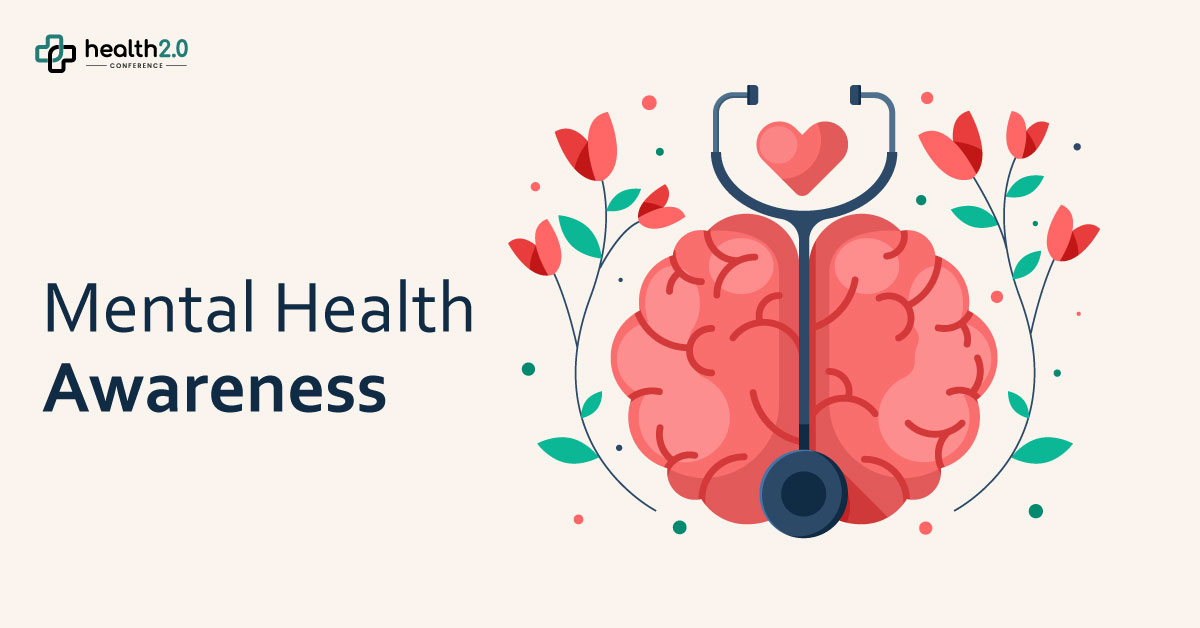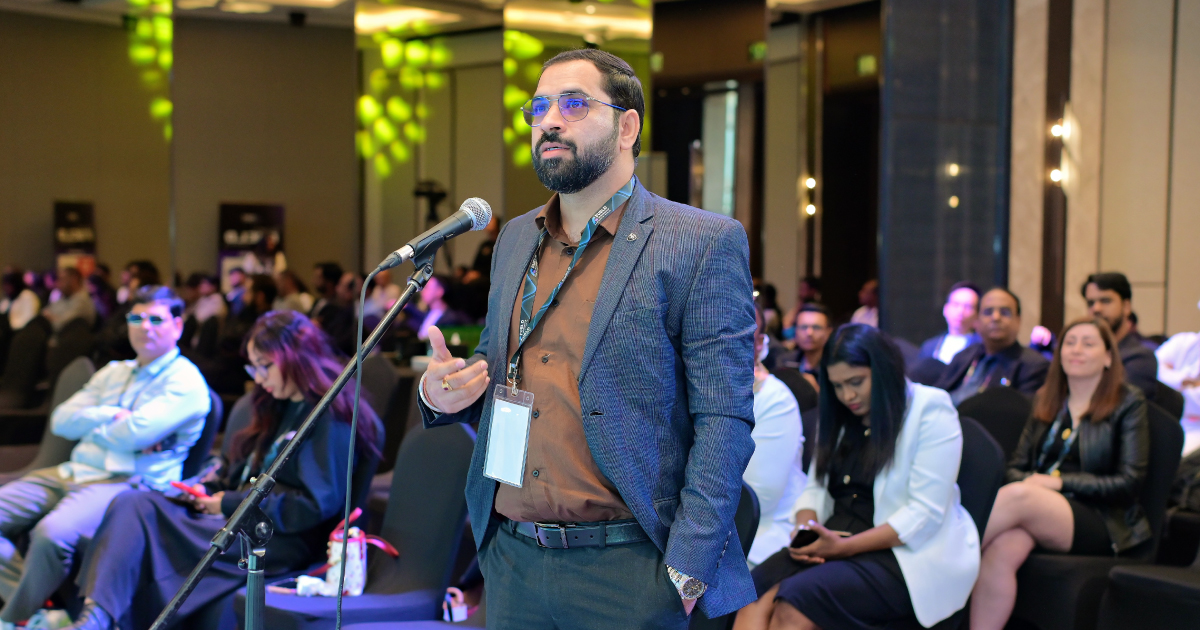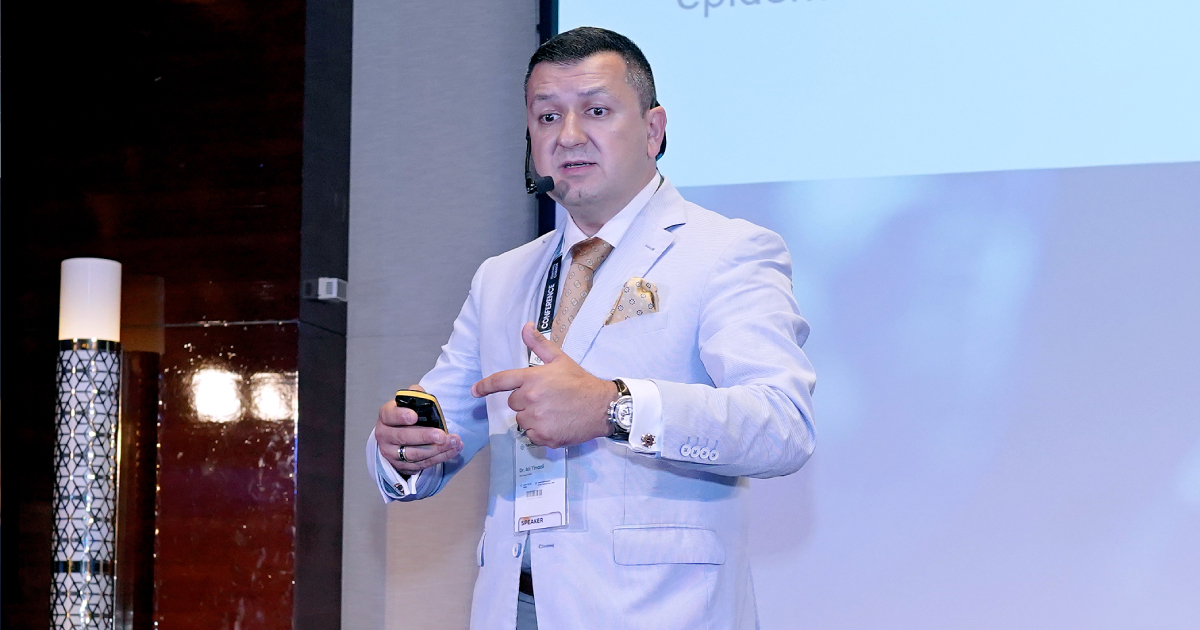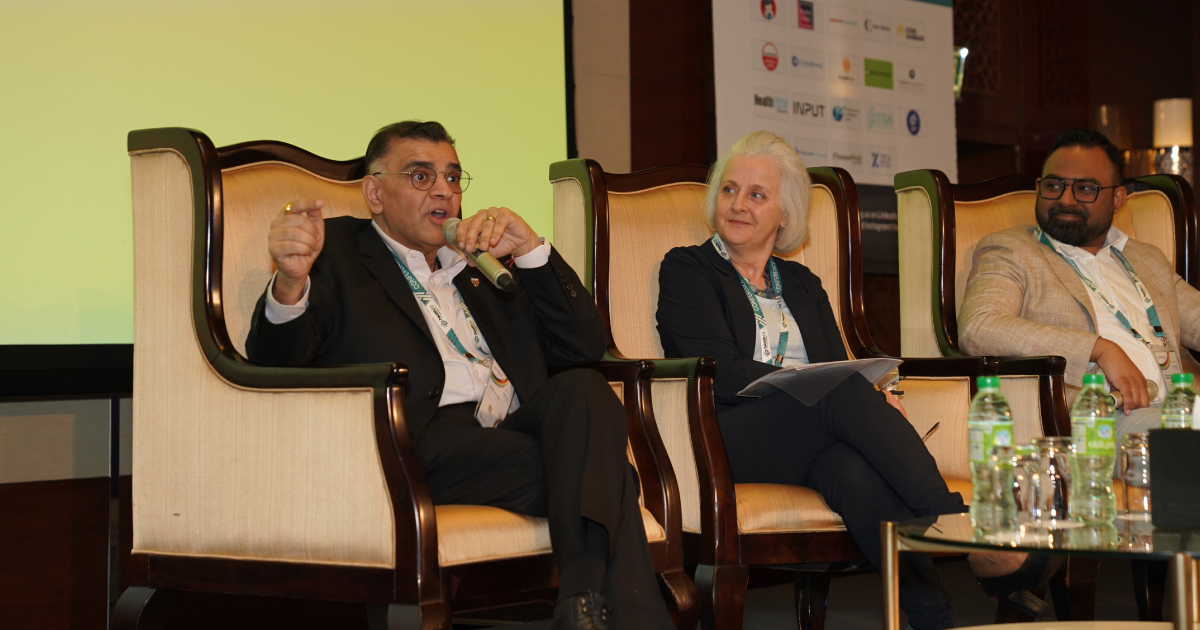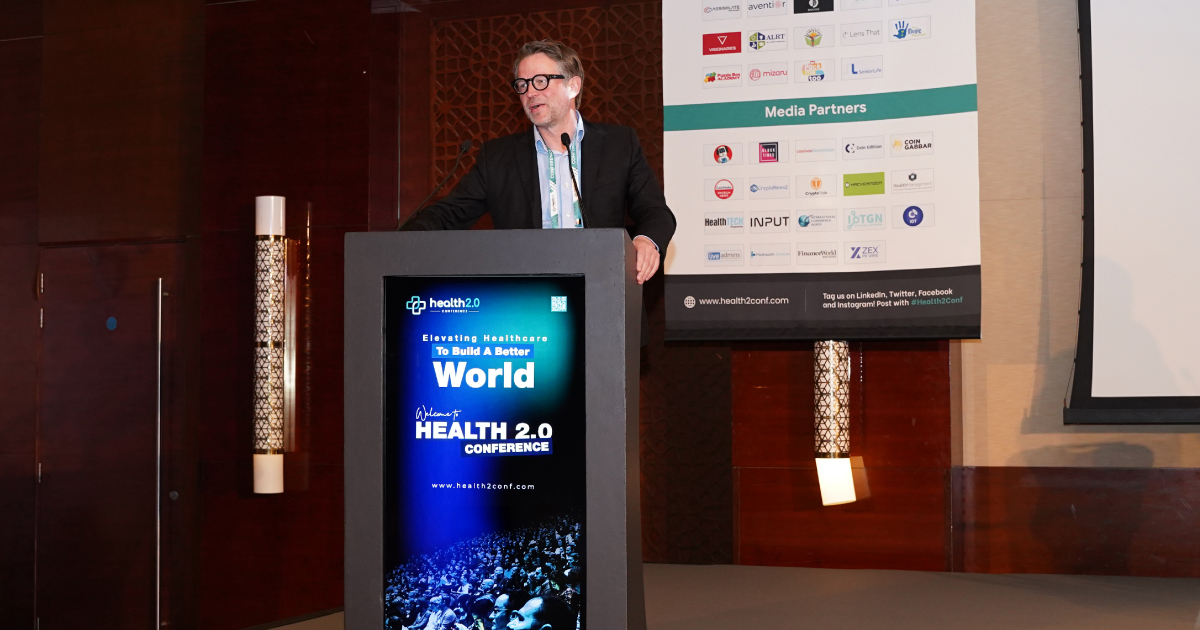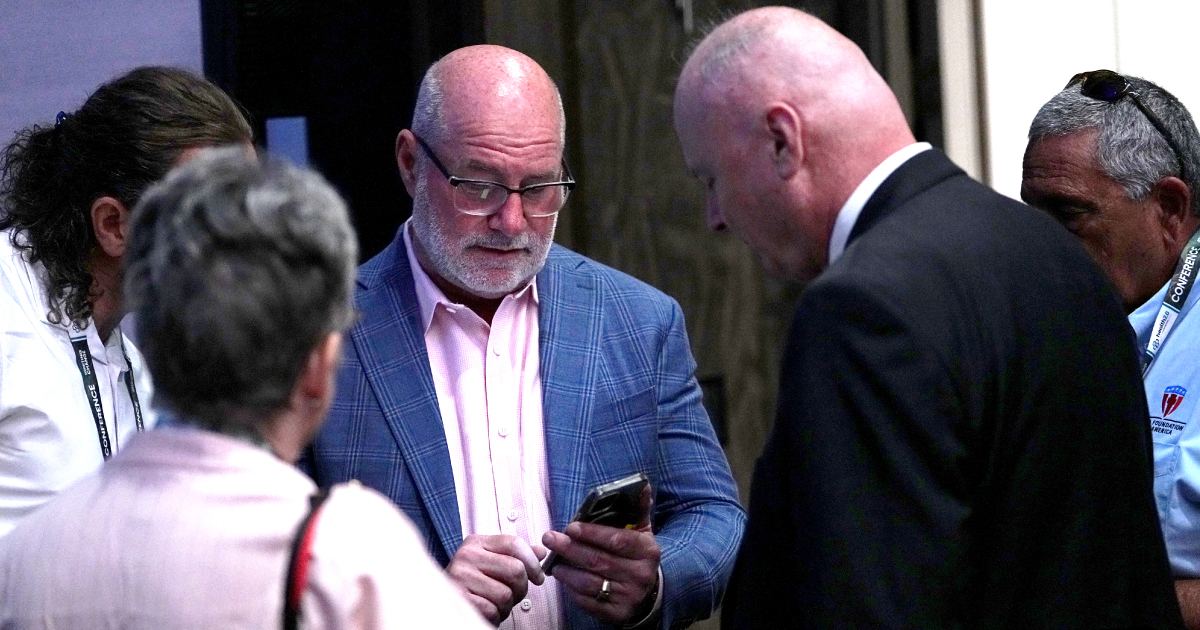On October 10th every year, we observe World Mental Health Day, which means it's the perfect time to pause and talk about how important it is to take care of your mental health. You can do this in many ways — from talking to a friend or family member about what's going on in your life to practicing mindfulness techniques like meditation or deep breathing.
As will be reviewed at Health 2.0 Conference’s Dubai 2022 edition, it’s no secret that mental health awareness has come a long way over the past decade or so. Once considered taboo to even be spoken about, it’s now become more common to hear people talking about depression, anxiety, and other mental health issues, and even seeing commercials about them on TV and radio.
But just how far have we really come in terms of improving the mental health of our society? How effective have all these campaigns been at helping those suffering from mental health issues? To answer these questions, let’s take a closer look at the current state of mental health awareness today.
The Good News
We are seeing a lot more mental health awareness campaigns in the media, with celebrities and influencers speaking out about their struggles with depression and anxiety. It is also becoming more common for people to speak openly about mental health. In fact, according to a survey conducted by the National Alliance on Mental Illness (NAMI), almost 85% of adults who responded said they would feel comfortable discussing their own mental health problems with someone close to them.
That’s not all – a national survey found that nearly half of those who reported being in treatment for mental health problems said it had positively impacted their overall health. An additional 37% reported that their physical health improved, too. This is significant news, because it suggests there may be complementary methods or ways to treat or help individuals with mental health problems beyond medications and therapy, though both are still critical parts of care.
There Is Still A Long Way To Go
However, healthcare events in the USA highlighted that despite what appears to be a greater willingness to talk about mental health issues, it is essential to note that there are still significant barriers. Many people who suffer from mental illnesses struggle with feelings of shame or embarrassment around discussing their problems and seeking out help in silence rather than openly.
The same NAMI survey found that only 32% of adults were likely to reach out for help if they experienced a major depressive episode or thought about committing suicide. And as reviewed by Health 2.0 Conference’s speakers, many children may not get help because they are afraid to tell their parents due to stigma. This is why it’s critical for the healthcare community to keep spreading awareness and education about mental illness — so that people know where to turn when they need help.
Addressing Stigma Is Paramount
When it comes to mental health, there is still a lot of work to be done. Schools can address mental health stigma by providing resources for students, educating teachers about mental illness, and encouraging students that they have a safe space wherein they can talk about their problems.
According to experts attending healthcare events in the USA, specific measures can include in-class discussions about mental health, training teachers on how to work with students who have mental illnesses, and creating a student-led club or advocacy group. Schools can also provide resource handouts to parents, offer anonymous surveys where students can anonymously ask for help without fear of judgment, and host a speaker series about mental health issues.
In addition to this, we know that mental health is a major issue in the workplace. As discussed at Health 2.0 Conference’s previous editions in Dubai, employees are coming in to work with mental health issues, and employers are struggling to find ways of helping them. In order to address the stigma around mental health issues, companies need to take concrete measures. First, they should provide training for managers and employees on how to address mental health stigma. This can be accomplished through workshops or online modules.
Second, companies must create guidelines for supporting staff with mental health problems. The company culture must shift from one that tolerates stigma to one that promotes empathy and understanding. Finally, there needs to be an open dialogue between employees who want to talk about their experiences living with a mental illness and how workplace stress contributes to it. Using these inputs, proper working methods can be set in place, keeping employees' well-being while ensuring their productivity.
Conclusion
Mental health issues are not something that should be ignored or dismissed. As will be talked about at length at upcoming health conferences, they can affect anyone, and we need to work harder to raise awareness and promote greater understanding of what they look like, how they affect people, and how to get help.



